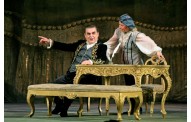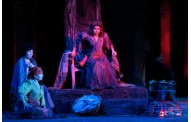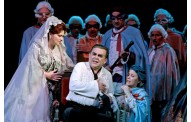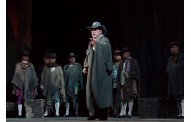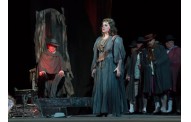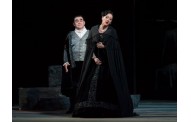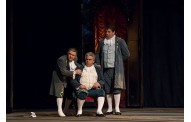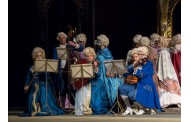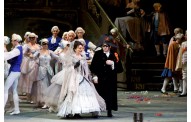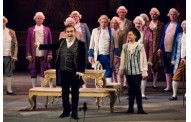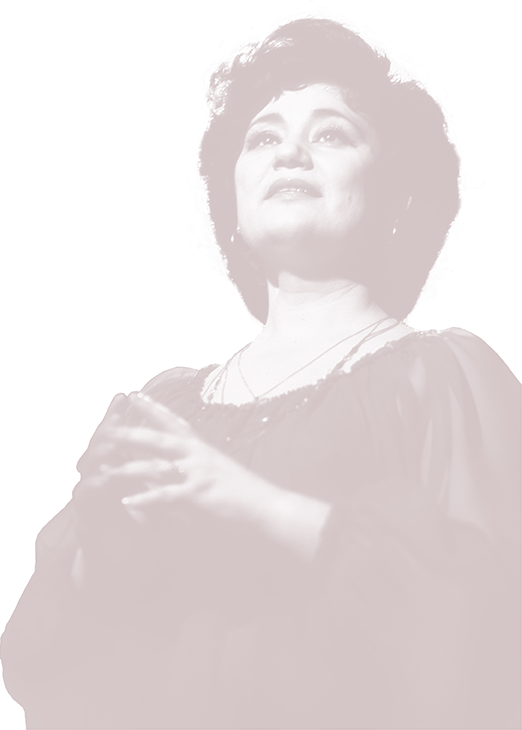
Conductor:
Original Title: Un ballo in maschera
Libretto: Antonio Somma
Based on the play “Gustav III” by Eugene Scribe
Stage Director: Semion Ștein
Set Designer: Veaceslav Ocunev
Costume Designer: Irina Press
Performed by:
Opera soloists, orchestra, choir, children’s choir, and ballet ensemble of the TNOB “Maria Bieșu”
Artistic Team:
Artistic Director — Serghei Pilipețchi
Set Coordinator — Iurie Matei
Chief Choir Master — Oleg Constantinov
World premiere: February 17, 1859, at the Apollo Theater in Rome.
Premiere in Chisinau: April 28, 1987, at the State Academic Theater of Opera and Ballet of the Moldovan SSR
Duration of the show: 2 hours 30 minutes (two breaks)
The opera is presented in Italian
Romanian subtitles

